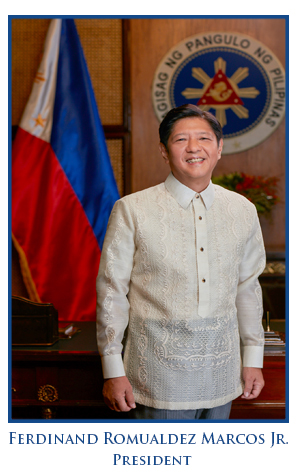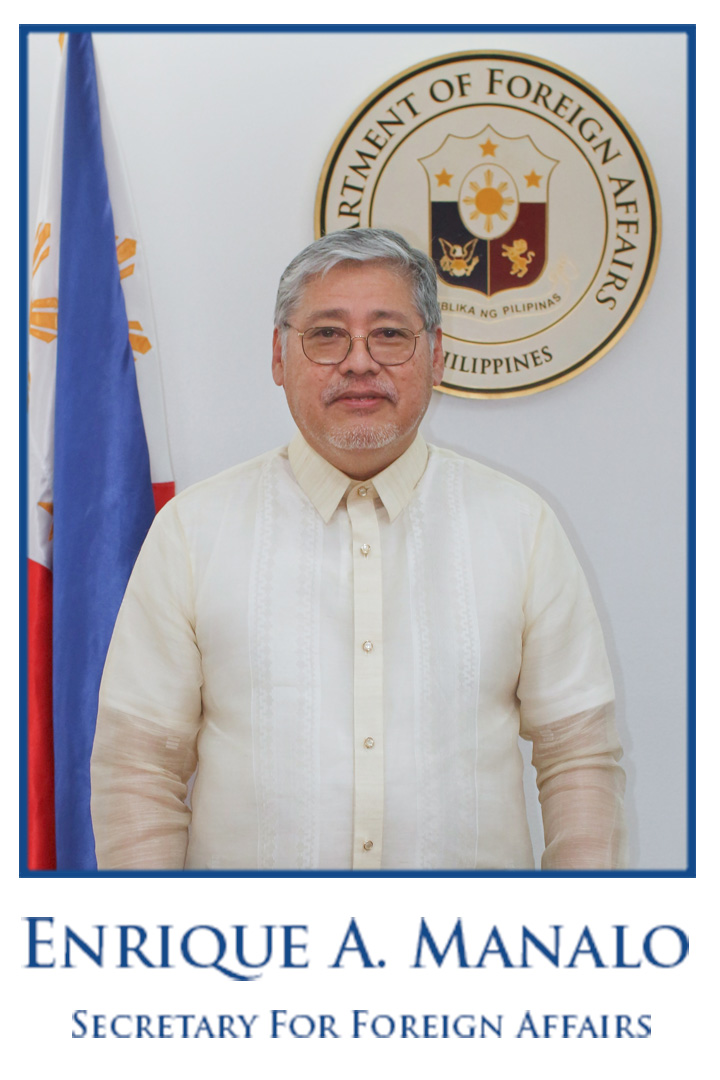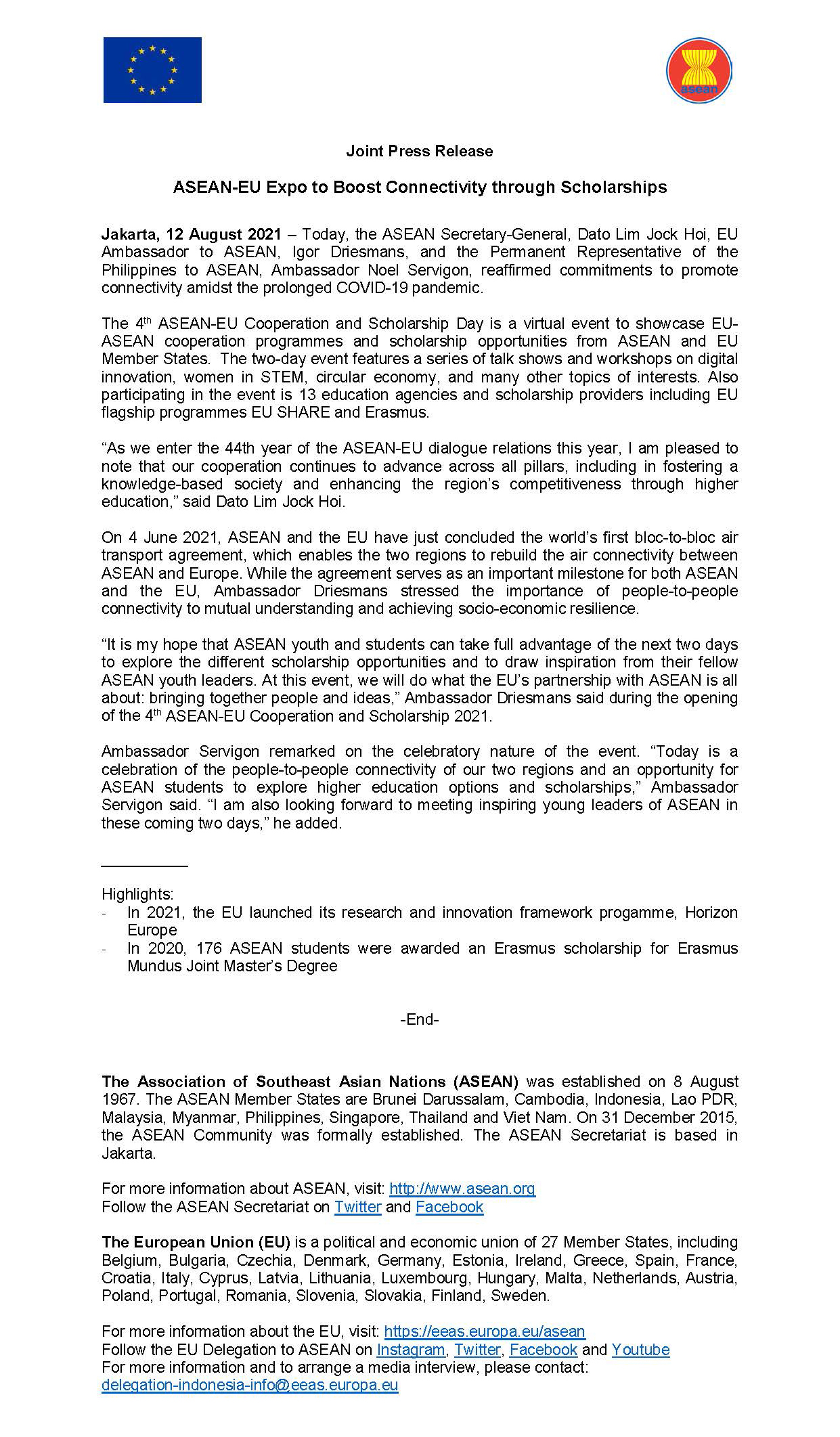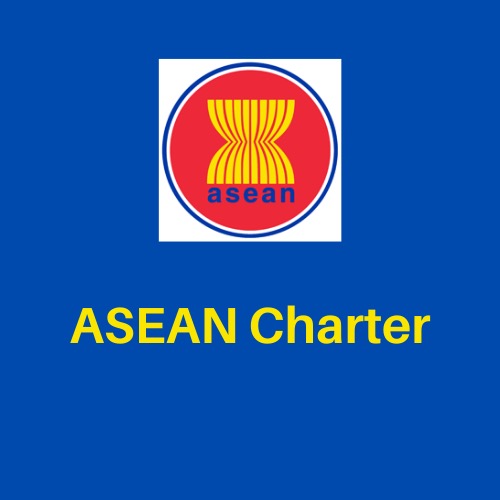- Hits: 1846
Source:https://asean.org/new-deputy-sec-gen-for-asean-socio-cultural-community-assumes-office/
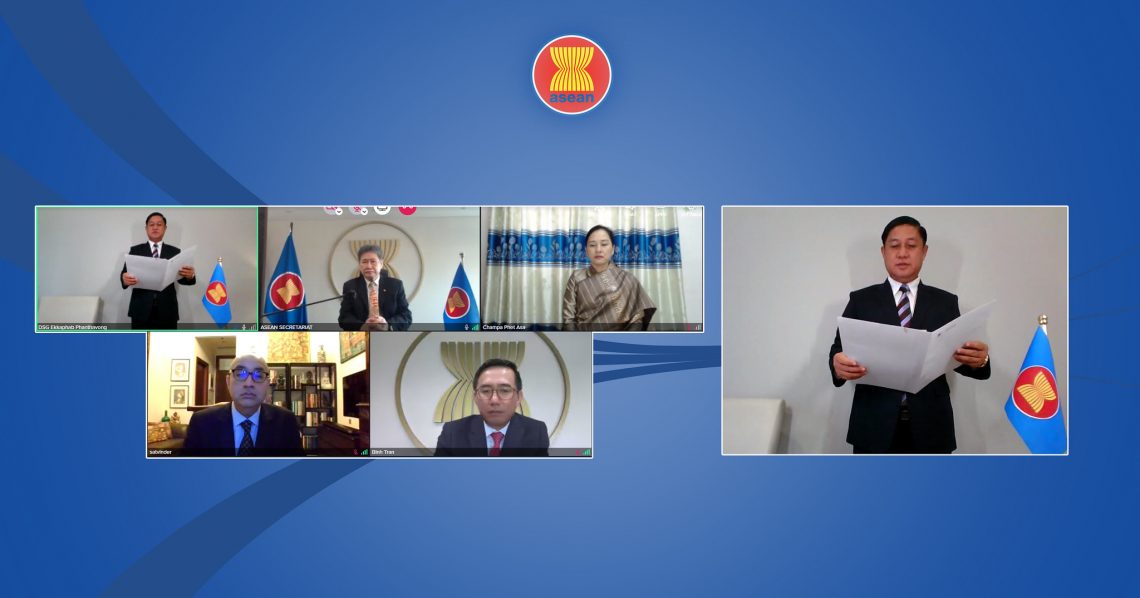
JAKARTA, 12 October 2021 – Today, ASEAN welcomed Ekkaphab Phanthavong as the new Deputy Secretary-General (DSG) of ASEAN for ASEAN Socio-Cultural Community (ASCC).
As stated in the ASEAN Charter, DSG Phanthavong shall support the Secretary-General of ASEAN in the implementation of the ASCC Blueprint 2025 and will lead the ASCC Department of the ASEAN Secretariat. He will oversee the implementation of projects under ASCC that focus on forging a common identity and building a caring and sharing society.
DSG Phanthavong, who is from the Lao PDR, will serve a three-year term from 2021 to 2024. He succeeded DSG Kung Phoak from Cambodia (2018-2021).
With over 15 years of experience, DSG Phanthavong has served numerous appointments at the Lao PDR Ministry of Foreign Affairs (MOFA). Prior to assuming the position, he was the Ambassador/ Permanent Representative of Lao PDR to ASEAN from 2018 to 2021 based in Jakarta. Previously, he served as the Deputy Director-General of the ASEAN Department (Socio-Cultural Community affairs) at the Lao PDR, MOFA.
Guided by the ASEAN Charter, the Secretary-General of ASEAN shall be assisted by four Deputy Secretaries-General, of different nationalities from the Secretary-General and shall come from four different ASEAN Member States. Two DSGs are nominated by Member States on a rotational basis for a non-renewable term of three years while two DSGs are openly-recruited based on merit for a three-year term which may be renewed for another three years. DSG Phanthavong is one of the two nominated DSGs.
- Hits: 1619
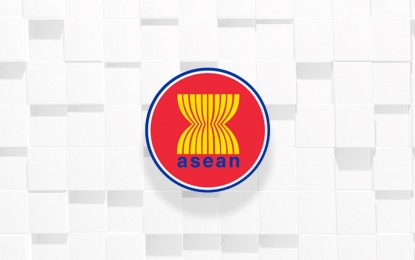
Source: https://www.pna.gov.ph/articles/1154650
MANILA – Saving the planet starts with the protection of marine ecosystems and as a region that covers almost half of the world's water, countries in Southeast Asia play an important role in realizing this goal.
Given the concentration of biodiversity in the region, member states of the Association of Southeast Asian Nations (Asean) are urged to take collective action to successfully reach the global goal to conserve at least 30 percent of the planet by 2030.
Even with the pandemic, Asean Centre for Biodiversity (ACB) said member states must find ways to forge more partnerships that would help build their capacity to better conserve the region's marine resources.
"The seas connecting the Asean encourage the member states to unite and forge stronger linkages in addressing the climate crisis and the pandemic we are currently in. Thus, the protection and sustainable management of our biodiversity––our common natural heritage, serve as our compass as we set sail towards recovery," ACB Executive Director Dr. Theresa Mundita Lim said during a forum on Friday afternoon hosted by the ACB and the Philippine Mission to Asean.
Southeast Asia is home to a third of the world's coastal and marine habitats that include coral reefs, mangroves, estuaries, sandy and rocky beaches, seagrass and seaweed beds, and other soft-bottom communities.
The ACB said these habitats and their resident species provide breeding, nursing, and feeding grounds for marine plants and animals, food, and resources important to the livelihoods of coastal communities.
However, the continuous overexploitation of resources and climate change make Asean's marine ecosystem one of the world's "most threatened" in terms of marine degradation.
"This has a profound impact on the planet and its inhabitants inevitably threatening food security, local tourism, and global warming mitigation, among others," Philippine Permanent Representative to the Asean in Jakarta Noel Servigon said.
"As such, it is fitting that marine biodiversity conservation should be a major area of cooperation and collective action among Asean member states and their partners," he added.
Clarissa Arida, ACB director for program development and implementation, said nearshore ecosystems have also become more vulnerable to habitat change and pollution. By 2050, it is estimated that close to 500 million people will live in coastal and marine areas in Southeast Asia.
"With pollution from land-based sources, the ecosystem services expected of coastal and MPAs will not be able to sustain our fisheries," she said.
To date, Asean is expanding its cooperation with global partners to effectively manage ecological networks of marine protected areas (MPAs) in Southeast Asia.
Under a proposed regional project, Asean will increase conservation efforts in key marine ecosystems in Indonesia, Thailand, and the Philippines, including the Tubbataha Reef Natural Park in Sulu-Celebes Sea and the Masinloc-Oyon Bay Protected Landscape and Seascape in the West Philippine Sea.
In the Philippines, a total of 72 MPAs have been established, covering at least 3.1 million hectares of the country's waters.
Desiree Eve Maano, chief of the Department of Environment and Natural Resources' Coastal and Marine Management Section, said the country plans to increase this and cover other regions such as the West Philippine Sea Offshore areas.
The call for collective action coincides with the celebration of Manila's Maritime and Archipelagic Nation Awareness Month (MANA Mo), which aims to raise awareness and appreciation of the Philippines' marine biodiversity, conservation efforts, and how these contribute to the sustainable development of the country and the Asean region. (PNA)
- Hits: 2127
JPM-Press Release-2021-34

Team Amplify of the University of the Philippines-Visayas will represent the Philippines in the Regional Finals scheduled on 6 October 2021.
24 August 2021 – Team Amplify of the University of the Philippines-Visayas was declared as the winner of the ASEAN Data Science Explorers Philippine National Final which was held virtually on 24 August 2021.
Team Amplify, composed of Francis Nacionales and Erru Torculas, presented its entry entitled “ASEAN Sustainable Consumption Loop”. The proposal is about an information-driven communication system to monitor production, consumption, waste management and trade priorities through cloud computing. Team Amplify will join nine other teams from other ASEAN Member States in the Regional Finals scheduled on 6 October 2021.
Team Pororo composed of Trisha Danielle Sia and Genrish Wendell Ng from De La Salle University-Integrated School was named first runner-up, while Team Unplugged composed of Arvilyn Mellizas and Ian Drilon from the Iloilo Science and Technology University was the second runner-up.
The Philippines’ Deputy Permanent Representative to ASEAN, Ms. Elizabeth Te, delivered the closing remarks and announced the winners.
“I cannot overemphasize the need for digital skills as an important component of building resilience and adapting to a post-pandemic world,” said DPR Te. “Governments, business, other organizations, and all of us will have to re-position technology in preparing for the Fourth Industrial Revolution.”
ADSE is a regional data analytics competition which calls for data-driven proposals, targeting students across the ten ASEAN Member States.
In the competition, ASEAN nationals from 15 to 30 years old were required to develop data analytics-backed solutions to address socio-economic challenges across the ASEAN region using SAP Analytics Cloud (SAC), a cloud data visualization tool provided by SAP, a leading German software company. In particular, teams are expected to design solutions to pressing issues across the United Nations Sustainable Development Goals of clean water and sanitation, affordable and clean energy, decent work and economic growth, sustainable cities and communities, responsible consumption and production, and climate action.
ADSE is an annual collaboration program between the ASEAN Foundation and SAP. The program is an avenue for young people in ASEAN to improve their data analytics skills. ADSE has empowered up to 16,309 students and 1,420 lecturers from 370 institutions across ASEAN countries with data science skills.
The winning teams from each ASEAN Member State’s National Final will compete in the Regional Final scheduled on 6 October 2021. (END)
- Hits: 2066
Statement
of
THE HONORABLE TEODORO L. LOCSIN, JR.
Secretary of Foreign Affairs
On the Australia-United Kingdom-United States (AUKUS) Enhanced Trilateral Security Partnership
19 September 2021
The Philippines welcomes Australia’s decision to establish an enhanced trilateral security partnership with the United States primarily and the United Kingdom.
ASEAN member states, singly and collectively, do not possess the military wherewithal to maintain peace and security in Southeast Asia, discourage the sudden creation of crises therein, and avoid disproportionate and hasty responses by rival great powers. Preventive diplomacy and the rule of law do not stand alone in the maintenance of peace and security.
There is an imbalance in the forces available to the ASEAN member states, with the main balancer more than half a world away. The enhancement of a near abroad ally’s ability to project power should restore and keep the balance rather than destabilize it. Despite advances in military science, time and distance, and the concomitant stopping power of water, remain major constants in determining security capacity to respond appropriately to threats.
Proximity breeds brevity in response time; thereby enhancing an ASEAN near friend and ally’s military capacity to respond in timely and commensurate fashion to a threat to the region or a challenge to the status quo. This requires enhancing Australia’s ability, added to that of its main military ally, to achieve that calibration.
On the other hand, distance breeds delay in responding to an incident or series of incidents that bode a significant shift in the power equation advantageous to one great power but highly disadvantageous to the other power distant from the troubled scene. It is unlikely and uncharacteristic for the disadvantaged power in this case to acquiesce rather than respond to the sudden imbalance with less than a disproportionately stronger response before the imbalance hardens into geopolitical fait accompli.
In that regard, we believe that the fresh enhancement of Australia’s military capacity through this trilateral security partnership would be beneficial in the long term even to the other side if only for the additional time it affords all protagonists for reflection before reacting.
Australia’s actions reflect its concerns about this geographic imbalance and its desire to help maintain regional peace and security. That is its prerogative. Absent actual presence of nuclear weapons, we cannot infer violation of the Southeast Asia Nuclear Weapons Free Zone Treaty. We are open to discussing this with other governments. We appreciate Australia’s continued and absolute commitment to meeting its obligations under the Non-Proliferation Treaty and to the highest standards of nuclear stewardship.
The dynamics and wide geographic reach of the Indo-Pacific require multilateral groupings that are flexible and adaptable, in membership, strategic aims and the appropriate wherewithal to respond to changes in the regional military balance. For the Philippines, what is essential is Australia’s commitment to the primacy of the ASEAN Outlook on the Indo-Pacific and ASEAN-led mechanisms. None of these mechanisms are compromised, weakened or in conflict with the enhancement of Australia’s ability to respond; quite the contrary.
The Philippines aspires for the South China Sea to remain a sea of peace, security, stability, and prosperity. We are acutely aware of great power dynamics; with a sharp eye we will engage in practical and mutually beneficial cooperation aligned with the priority areas of the Outlook. END
PRESS RELEASES
Thursday, 12 June 2025
- Monday, 26 May 2025 ASEAN Fest 2025
- Monday, 07 August 2023 Going Green and Digital for a More Sustainable, Inclusive, and Prosperous Future for All
- Thursday, 02 February 2023 Ambassador Quintana Congratulates Head of Philippine Space Agency (PhilSA) for being conferred an Honorary Doctorate Degree by Hokkaido University
- Thursday, 19 January 2023 PH Mission joins the ASEAN Economic Community in advancing the region’s economic priorities for 2023

